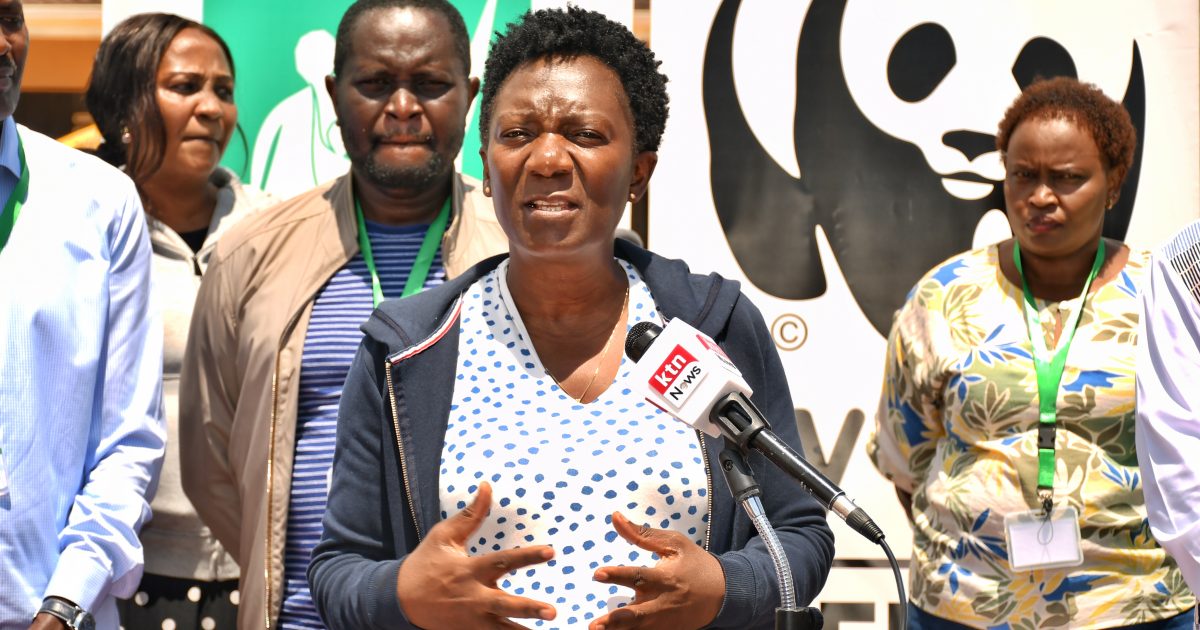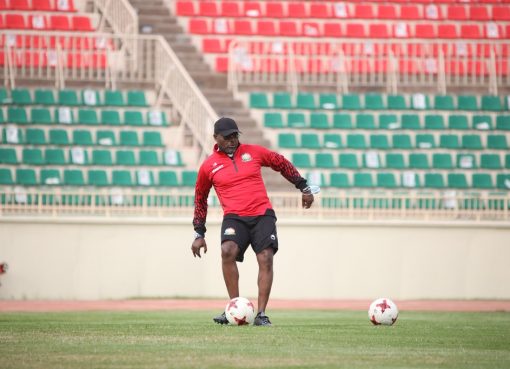Judicial officers have been encouraged to seek deeper understanding of matters climate justice and governance in the face of the unprecedented challenges emanating from climate and environmental change.
Justice Jackie Mogeni of the Environment and Land Court in Nairobi said climate challenges and climate governance extend beyond environmental concerns or issues and impact on various issues that the judicial officers deal with every day, hence the need for training for all judges handling these matters.
“Climate change justice is a crosscutting issue that goes beyond environmental concerns and intersects with human rights and impacts many areas and therefore targeted capacity building is required,” She said.
Justice Mogeni who is also the of President of Pan-African Association for Judges on Environment, Land and Labour (PAAJELLA) was speaking in Naivasha on Friday during a capacity building workshop for judges from Environment, Labour and Land Courts from several countries of Africa. It’s an association of all judges from Africa who have interest in environment, labour and land matters.
The training workshop whose theme was, “Integrating Climate Governance, Biodiversity Conservation, and Ha Rights: A Holistic Approach to Climate Justice” was aimed at enhancing judicial understanding and application of critical legal principles related to climate change, biodiversity, economic, social and cultural rights.
The training workshop was organized by Hakijamii; a Non-Governmental Organization (NGO) in partnership with PAAJELLA.
Justice Mogeni said a similar training held last year has had an enormous positive impact on decisions being made by the judicial officers who attended and have been championing the human rights and environmental matters from the bench.
“But this year`s training has fortified the role of judges in advancing climate justice, protecting constitutional rights with focus on enhancing quality of jurisprudence in these crucial areas,” she stated.
Mogeni announced that PAAJELLA and Hakijami will come up with a knowledge management centre which is a portal that will consolidate all decisions made by the members and from elsewhere on the matters environment, land and labour in order to enhance learning for all.
The portal will be manned by researchers who will also carry out research and enrich the portal with valuable insights on matters climate justice that impact on livelihoods.
Participants resolved to enhance collaboration between PAAJELLA and Hakijamii in a bid to enhance climate governance; biodiversity and social economic issues affecting cultural rights of the people.
Hakijamii Legal Consultant Dr. Conrad Bosire said they had also resolved to expand capacity building by investing in regular training to keep the judges abreast with the latest legal scientific and policy in climate change biodiversity.
They further agreed to promote progressive jurisprudence by documenting key decisions that integrate climate change impacts, diversity needs and advance environmental rights and equitable incomes.
The stakeholders also vowed to carry out sensitization of communities on matters climate change by creating awareness, through outreaches education and campaigns designed to enhance community resilience.
They will also collaborate with civil society groups, policy makers, academic intuitions to support integrated approaches to climate governance to ensure inclusivity and cost-effective climate governance strategies.
Dr. Bosire said earlier this year Kenya and the rest of the world faced unprecedented effects of climate change where Kenyans lost lives and properties and this trend is likely to lead to increased litigation on environmental matters and judges need to be more prepared through targeted training.
By Mabel Keya – Shikuku





